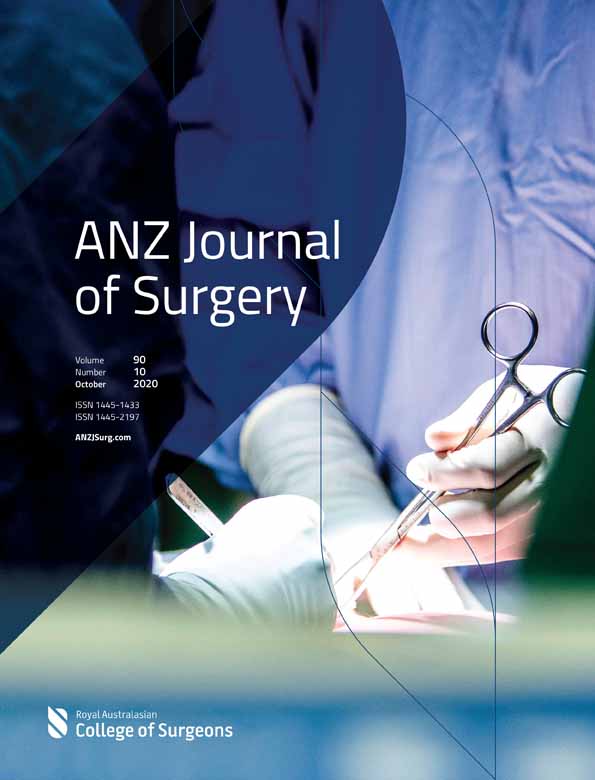Universal access to safe, affordable, timely surgical and anaesthetic care in Papua New Guinea: the six global health indicators
Abstract
Background
The unmet global burden of surgical disease is substantial. The Lancet Commission on Global Surgery (LCoGS) estimated that 5 billion people do not have access to safe, affordable and timely surgical care, with 80% of those without access living in low- and middle-income countries. The Milne Bay Province (pop 331 000) of Papua New Guinea, with an archipelago of islands up to 750 km from its capital, Alotau, has only one hospital capable of performing Caesarean Section, Emergency Laparotomy and managing an open fracture, the three Bellwether procedures. This paper aims to report the six Lancet Commission on Global Surgery metrics for Milne Bay Province.
Methods
The study was conducted between January and August 2019. Bellwether access was investigated by a prospective study on 115 patients presenting to hospital. The surgical, anaesthesia and obstetric (SAO) workforce, surgical volume and perioperative mortality rate, were calculated for 2012–2018 from hospital records and operation registers. Financial risk metrics were calculated by surveying 50 patients at discharge from hospital.
Results
Bellwether access: Only 27.8% (n = 32) of the study population (n = 115) experienced less than 2-hours second delay (journey time to hospital). The average SAO provider density was 1.8 per 100 000 population. There were 606 procedures performed per 100 000 with a mean annual perioperative mortality rate of 0.3%. Catastrophic expenditure is a risk for 29% of the population.
Conclusion
Milne Bay Province can perform surgery safely, but there is limited access to timely surgical care when needed with a significant proportion put at financial risk by requiring it.
Conflicts of interest
None declared.




